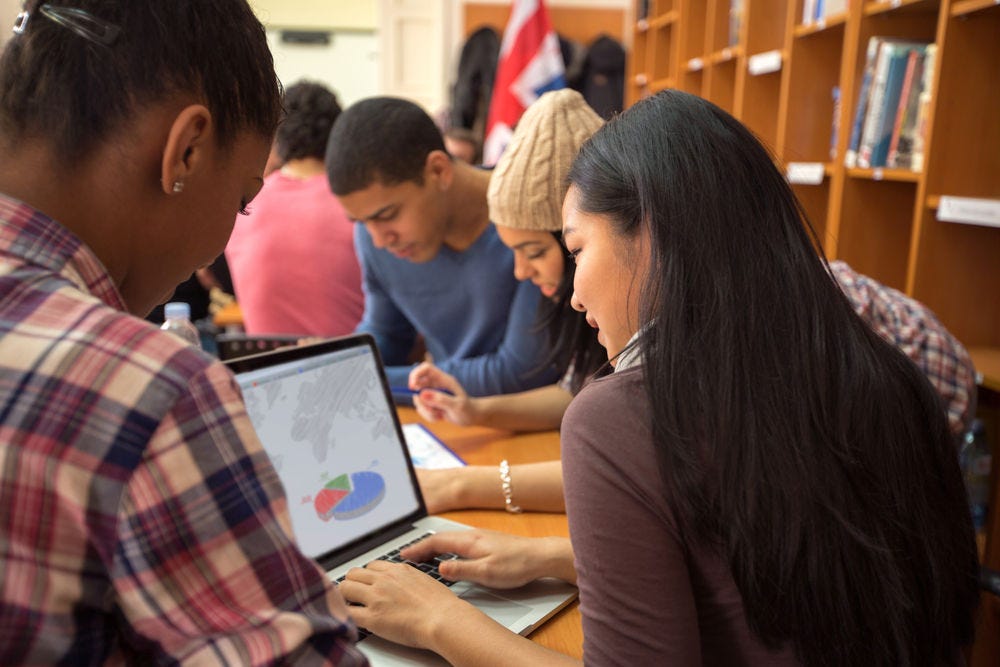What is Learning in the Digital World?
Education technologies can transform how students learn because they offer them new opportunities to explore complex phenomena and to create digital representations of their ideas they can tinker with and share with others. Yet, not enough attention has been devoted to teaching the foundational skills and attitudes that students need to develop in order to be active and autonomous users of technology for confronting open-ended, real world problems.
The PISA 2025 Learning in the Digital World assessment focuses on two competencies that are essential to learning with technologies:
- self-regulated learning, which refers to the monitoring and control of one’s metacognitive, cognitive, behavioural, motivational and affective processes while learning; and
- computational and scientific inquiry practices, which refer to the capacity to use digital tools to explore systems, represent ideas and solve problems with computational logic.
Why is it important for students to be successful learners in the digital world?
As technology advances, it is increasingly important that young people are prepared to take part in a workforce in which computers play an ever-increasing role and to make decisions about how to use technology for acquiring new knowledge and skills. While not everyone will become software engineers, jobs of the future will increasingly require people to interact with computational models and simulated realities, and to solve problems using digital tools. Given the rapid rate of technological change, students today must develop a set of broad skills and perspectives that support lifelong learning in novel and unfamiliar digital environments.
